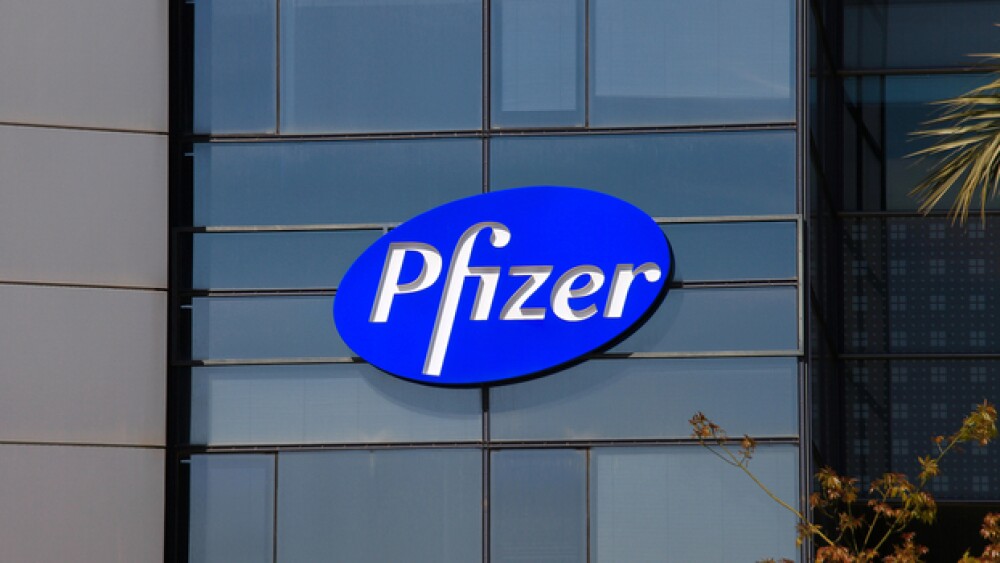Citing structural simplification, Pfizer announced it plans to cut its global staffing by about 2 percent. It expects to do so primarily through voluntary layoffs and early retirement through the end of this year and early in 2019.
StockStudio / Shutterstock.com
Citing structural simplification, Pfizer announced it plans to cut its global staffing by about 2 percent. It expects to do so primarily through voluntary layoffs and early retirement through the end of this year and early in 2019.
Sally Beatty, Pfizer spokeswoman, told CNBC, “As we prepare for growth we are creating a simpler more efficient structure which will affect some managerial roles and responsibilities. We are offering enhancements to certain benefits to lessen this effect.” She added that overall the workforce will decrease by “a couple percentage points.”
The company currently employs more than 90,000 people worldwide. Pfizer stated that all business units and divisions are likely to be affected, with the cuts focused on nonunion workers.
Earlier this month, Pfizer announced its succession plan for its chief executive officer, Ian Read, who will step down on January 1, 2019. The new chief executive officer will be Albert Bourla, who is presently Pfizer’s chief operating officer.
Last week, Bourla announced changes to the executive team that will take place on January 1. In a statement, Bourla said, “We are at a pivotal moment in Pfizer’s history, with Ian Read having positioned the company with a strong portfolio of marketed products, a deep pipeline and the clear potential to accelerate our revenue growth.”
This also follows a July announcement that Pfizer was reorganizing into three units, splitting its consumer healthcare until that it had earlier been trying to sell. The units will be Innovative Medicines, which will include biosimilars and a new hospital business unit for anti-infectives and sterile injectables; an off-patent branded and generic Established Medicines business unit; and a Consumer Healthcare unit. The changes are expected to go into effect at the beginning of Pfizer’s 2019 fiscal year.
“This new structure represents a natural evolution of these businesses given the ongoing strength of our in-market products and our late-stage pipeline and the expected significant reduction in the impact of patent protection losses post-2020 following the loss of exclusivity for Lyrica in the U.S. which is expected to occur in or after December 2018,” Read said in a July statement. “As we transition to a period post-2020 where we expect a higher and more sustained revenue growth profile we see this new structure better positioning each business to achieve its growth potential.”
In a statement to employees regarding the layoffs, Pfizer said, “To achieve our full potential we will need to create a simpler and more efficient organization. As we simplify the organization to avoid duplication, create single points of accountability and reduce the number of layers within teams, there will be an impact to some managerial roles and responsibilities across the organization.”
Pfizer is offering severance packages equal to base salary of 12 weeks, plus three weeks of salary for every year of work, up to 104 weeks. Employees who volunteer for early retirement can take any vested equity with them, health insurance and other benefits at current rates for up to three years. Individuals who are 55 years of age and have been with the company at least 10 years may be eligible for early retirement. They have from October 16 to November 2 to opt into the early retirement program. They will be able to exit the company by December 31 unless their manager requests they stay a few months longer.





